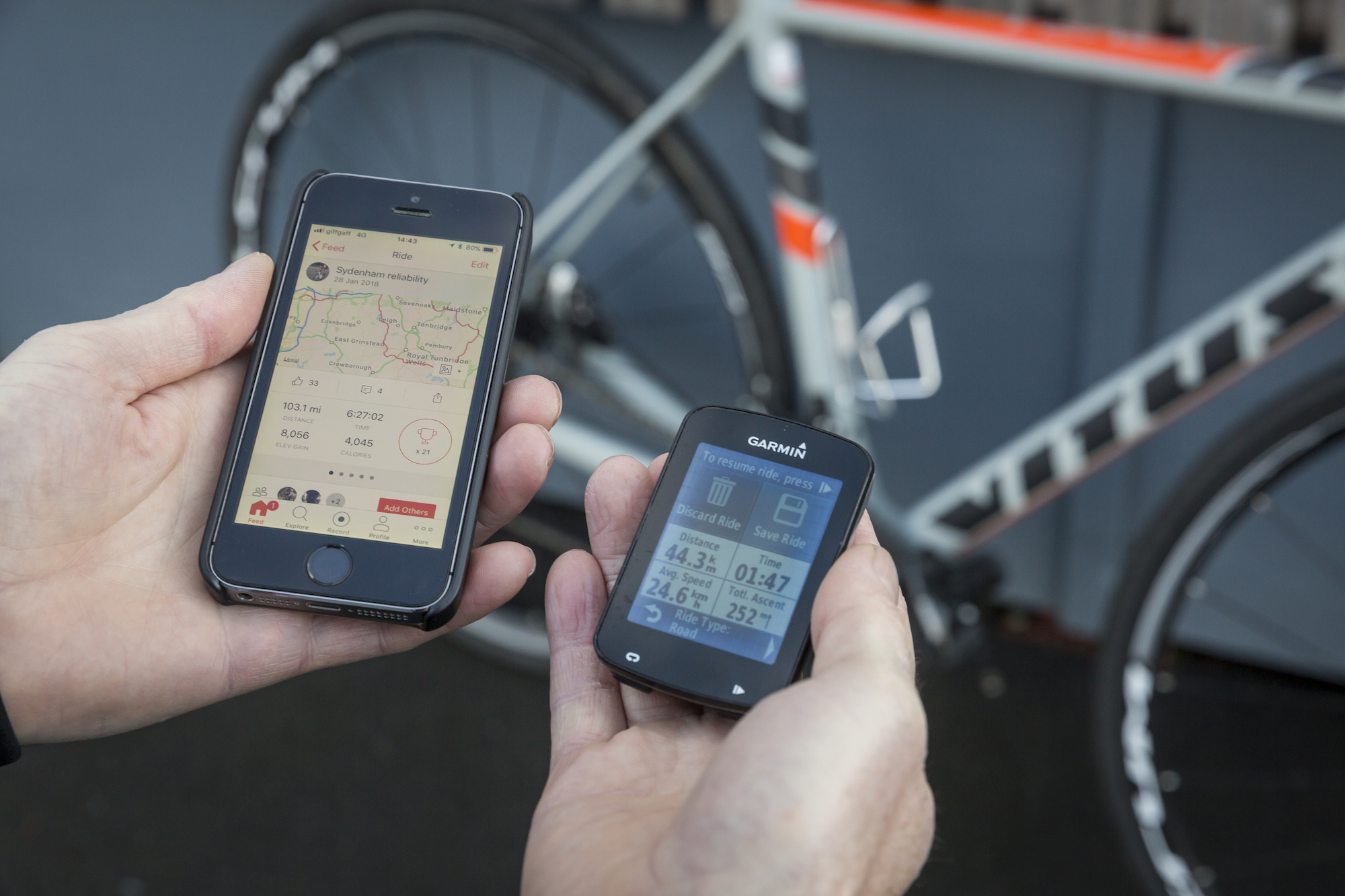A-GPS and GPS are different navigational aids that both use information from satellites to determine their exact location on Earth.
GPS stands for Global Positioning System. A GPS device communicates with 4 or more satellites to determine its exact location coordinates (latitude and longitude) anywhere on Earth. It works in any weather as long as the device has a clear line of sight to the satellites.
A-GPS stands for Assisted Global Positioning System. While it works on the same principles as a GPS (explained below), the difference here is that it gets the information from the satellites by using network resources e.g. mobile network, also called assistant servers.
|
|
A-GPS |
GPS |
|
Stands for |
Assisted Global Positioning System |
Global Positioning System |
|
Source of triangulation information |
Radio signals from satellites and assistance servers e.g. mobile network cell sites |
Radio signals from GPS satellite |
|
Speed |
A-GPS devices determine location coordinates faster because they have better connectivity with cell sites than directly with satellites. |
devices may take several minutes to determine their location because it takes longer to establish connectivity with 4 satellites. |
|
Reliability |
GPS Location determined via A-GPS are slightly less accurate than GPS |
GPS devices can determine location coordinates to within 1 meter accuracy |
|
Cost
|
It costs money to use A-GPS devices on an ongoing basis because they use mobile network resources. |
GPS devices communicate directly with satellites for free. There is no cost of operation once the device is paid for |
|
Usage |
Mobile phones |
Cars, planes, ships/boats |
The way it works
GPS satellites circle the earth twice a day in an orbit. These satellites continuously send information to the earth via radio waves. Messages transmitted by the satellites include (a) the time the message was transmitted, (b) the ephemeris or the information about the orbit, and (c) the almanac or the health and rough orbits of all the satellites. GPS receivers use these signals by calculating the time at which the signals were sent by the satellites and time at which they were received on Earth. Once the GPS receiver knows the position of at least four satellites and the transmit time of each (this is called time to first fix), it is able to lock its own location. This method of computing is called trilateration.
It may take 3 sec to a couple of minutes to get the signal depending upon the location and amount of interference. Interferences may be because of the terrain or number of buildings, foliage, atmospheric inconsistencies etc. This would result in signals reflecting off and having multiple paths.
Now, in case of an A-GPS device it uses the existing servers for e.g. of the mobile network tower and bases to get the information from the satellites. Since these servers are continually sending and receiving information there is no delay in knowing the exact orbit and time location of the satellites. In other words the time to first fix is a lot faster than a normal GPS. Also these servers have good computation power so they can analyze the fragmentary signals received from the GPS receiver and those received directly from the satellite and thus correct the error. It will then inform the receiver its exact location.
On the other hand, an A-GPS device uses existing servers e.g. mobile network cellsites to get the information from the satellites. Since these servers are closer and better connected to mobile devices, and are continually sending and receiving information, there is no delay in knowing the exact orbit and time location of the satellites. In other words the time to first fix is a lot faster than a normal GPS. Moreover these servers have good computation power so they can analyze the fragmentary signals received from the GPS receiver and those received directly from the satellite and thus correct the error. It will then inform the receiver its exact location.
Performance and cost
A-GPS is faster in finding the location but GPS gives a more precise location information. While there is no additional cost involved in using GPS devices, an A-GPS has additional cost involved because it uses services and resources of the wireless carrier's mobile network. Some A-GPS models have the ability to link up to GPS satellites directly in case the assistance server is not available or if it out of cellular network coverage area, but GPS devices cannot log on to a cellular network.
Accuracy survery conducted please click link below
Please read by clicking on the link here
